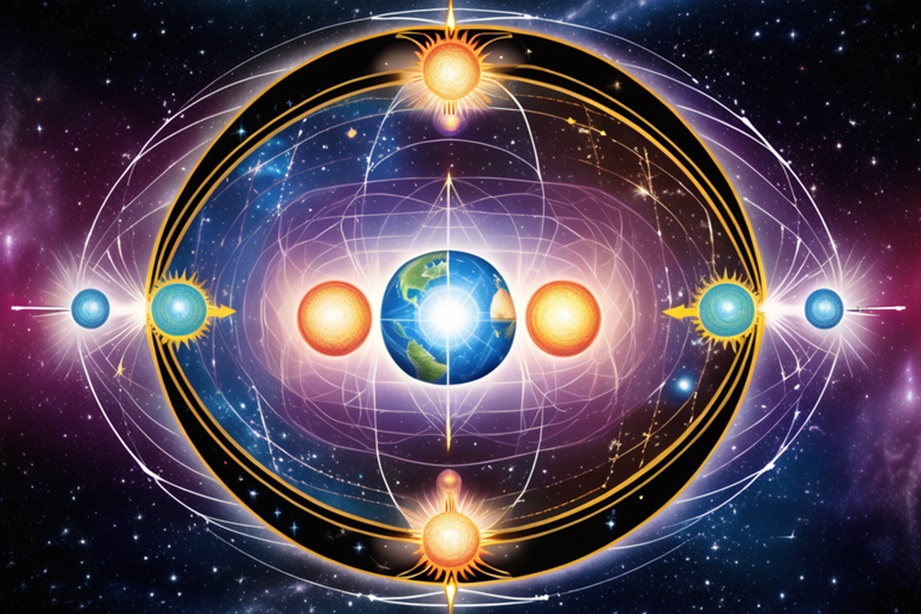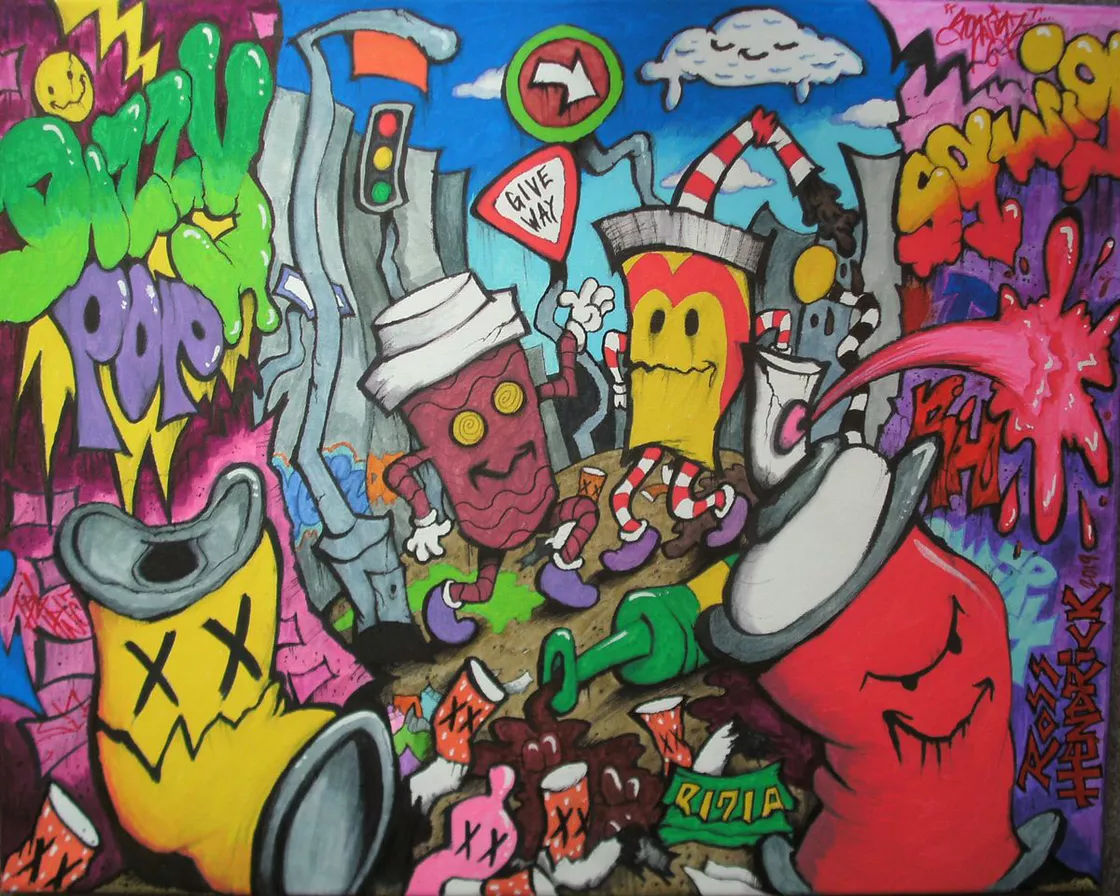Thought is a game, and a highly engrossing one at that. It’s a game, but it’s also a losing game. Thought is a losing game and can’t ever be anything but a losing game, but this is the one thing that we are guaranteed never to see!
When we win in the game of thought we also lose – we lose because winning at the game of thought only ever means more thought (or more thinking), and where’s the advantage in that? We don’t win ‘freedom from thought’, we just win more thought! To win in this game is simply to carry on playing it, which is exactly the same outcome as when we lose at it. This being the case, what’s the difference between winning and losing? Why should we prefer one to the other? Why should we believe that one outcome is so much better than the other one?
The implicit promise made by the game is that we will by winning become free from the need to keep on playing it. As Carse says, ‘the contradiction of finite play is that we play in order to end the play’. This is the lure hat keeps us tied into the game, but is not actually an outcome that will ever come to pass. The game never ends, no matter how skilfully we play it. We can’t become free from the game by playing it!
This is true for all finite games (games of control) and it is true for the game of thought, which is the quintessential ‘finite game’. We can never become free from thought by thinking, no matter how clever our thoughts might be! And yet the paradox here – as in all finite play – is that it is the thinking process itself which puts us under pressure to end the process, or ‘come to a successful conclusion’. The very nature of thought is that we think in order to become free from thought, therefore.
Thought always presses for a conclusion – it is always targeted towards the end point of finding an answer’. Thought is all about solving problems and the whole point of solving problem-solving is that we can’t rest, that we can’t find relief, until we solve it. The moment of ‘finding the solution’ (which equals ‘winning’) is what we are always chasing after so determinedly. We’re chasing after the ‘end-point’ to the game because it seems like a real thing to us and not just a revolving door that brings us right back into the game again!
As we all know however one thought always leads to another. When (or if) we solve one problem then another one pops up in its place and if we can’t manage to find a solution then we are forced to keep at it, like a dog with a bone, going over it and over it repeatedly in the hope that it will finally come good for us. Either way we’re kept busy, therefore…
Every thought is like this, when it comes down to it. There’s no rest, no repose in any thought and the reason there is no rational repose in any thought is because we are being constantly driven on to find some kind of resolution, some kind of satisfactory conclusion, some kind of ‘end-point’. Another way of putting this is simply to say that ‘thinking equals pain’. We might sometimes see thought as causing pain of course but what we saying here is that thought actually is pain, which is something that we never see. Thought is pain and it also causes pain in the sense that it inevitably creates more thought (as we just said) so then this thought too equals pain. It’s the continuation of pain. The realm of thought is like an itch therefore, it’s like an itch that never let up.
The thing about thought is that it always assumes a deficiency. That’s the whole point of thinking, that’s the gist of it – the gist is that via our thinking we are going to obtain something that we didn’t possess before. The implication is therefore (of course) that we are deficient in something, lacking in something,. Lack translates into need – we are lacking something vital so we need to rectify this, we need to correct this state of affairs. Need when unrelieved equals pain and so need is really just another way of talking about pain – the type of pain that won’t go away until obtain the particular thing that fills this hole that exists inside of us.
This then is one way of looking at why thinking is uncomfortable, and why there is no rest or repose in it – we’re trying to find the thing that we need in order to ‘fill a gap’, and there’s no rest to be had until we do so. Everyone knows this type of thing; everyone knows what it’s like to be driven by the harsh master of need, or the harsh master of the rational mind. An extreme example of this is OCD where we are not permitted to stop doing whatever it is we doing until the thinking mind tells us that the job is done correctly, however long this might take. Normal everyday thinking is the same sort of thing only diluted down; the blunt coercive force that is acting upon us disguises itself skilfully so that we actually feel that it is us who wants to think about the thing in question (or solve the particular problem that is confronting us) rather than seeing ourselves as being driven to it by some whip-wielding external force.
The everyday thought process is a ‘clever controller’, in other words. We go along with each thought that comes along because we feel we want to, because we feel that to do so is an expression of our genuine volition, but really it’s because it is the only possibility that thought is presenting us with! Thought works precisely by reducing the possibilities that seem to be available to us; when we say that thought is ‘black-and-white’ this is what we mean – we mean that they are ‘only the two possibilities’, obviously enough – either you’re ‘IN’ or you’re ‘OUT’, either you’re ‘RIGHT’ or you’re ‘WRONG’. What could be more limiting than this? When we are given to believe that there are ‘only two ways about it’, that there is ‘either right or wrong’, then although it might seem as if there are two possibilities this isn’t really the case – actually there is only the one. Right and wrong don’t refer to two separate states, they refer to the same state – they refer to the rule that we have to be right to or wrong in relation to. Right and wrong are co-dependent terms and not two things at all.
Thought always reduces the world to ‘a rule’, therefore. Or as we could also say, thought turns reality into a game, which is what we started out by saying. A game is made up of a set of rules that we have to obey and this means that it is the same thing as ‘a rule’. There’s nothing in the game that isn’t a rule; if there was something else in the game other than ‘rules’ then that would mean that we have let some freedom into the game and freedom is the one thing that can’t ever be allowed to happen in a game – we cannot play a finite game, James Carse points out, unless we first veil our own freedom from ourselves (i.e. our freedom not to play the game). This way we turn ‘I can if I want to but I don’t have to’ into ‘I have to whether I want to or not‘! ‘Have to’ is what makes the game, therefore. A game – we might say – is a vastly oversimplified version of the world; it’s ‘the world with all its possibilities blocked’ out – instead of ‘containing all possibilities and excluding none’ (which is what we can say about reality), a game always contains only the one possibility (which is the possibility set out nice and clearly by the rule).
The ‘one possibility’ that is set out for us by the rule looks like two possibilities (i.e. winning and losing, getting it right and getting it wrong) but – as we have just said – there aren’t really two possibilities at all. There is only the one possibility, i.e. the ‘obligatory possibility’ of obeying the rule. Not obeying isn’t an option. ‘You can obey or you can go to hell’ the rule tells us. In symbolic terms ‘obeying the rule correctly’ means existing whilst failing by this standard is the same thing as ‘not being able to make the all-important grade as far as existence goes’ – we haven’t proven ourselves and so we have no validity, no credibility, no substance, no kudos.. Not obeying the rule is not acceptable to the rule (by definition!) but in practical terms losing or failing is of course a perfectly valid possibility – it’s just the inversion of winning. Ultimately therefore – although we are extremely unlikely ever to see this – winning is the very same thing as losing. Winning is the same as losing since both states are meaningful only in relation to the rule that defines them.
There’s more to it than this however – the final twist in the tale is that ‘the one possibility’ that we’re talking about here, which is the ‘one possibility’ that the rule provides us with (i.e. ‘Do what I say’) isn’t really any sort of possibility at all. ‘Only the one defined possibility’ isn’t actually a possibility; it’s actually a perfect self-contradiction and a perfect self-contradiction isn’t by any means the same thing as ‘a possibility’, it only looks like one. Rules are made up equally of ‘yes’ and ‘no’, ‘getting it right’ and ‘getting it wrong’, etc, and anything that is ‘made up equally of two complementary opposites’ isn’t actually real. This is the ‘paradox of boundaries’ – a boundary looks like a very straightforward thing, it is certainly something we take totally for granted in everyday life, but what is a boundary but two complementary opposites side-by-side with absolutely no space between them? ‘No space between the two statements’ means that the two statements are saying the same thing (or it means that the two statements are really just the one statement) and so what this means is that we have got just the one statement which says ‘in equals out’ or ‘yes equals no’, which is the essential form of the Liar Paradox.
‘A paradox’, to paraphrase J.K. Chesterton, ‘is the truth standing on its head to attract our attention’ and the truth that we’re talking about here is simply that boundaries don’t really exist. It’s all one – everything is all one – so how do we make it two? The only way to ‘make reality two’ is by having a criterion or rule by which we can judge it; that rule or criterion is however ‘only there because we say it’s there’ – the world of duality is our projection in other words, it is a ‘magic-lantern show’, as the mystical traditions say. Polarity is our own shadow and nothing else; it’s a projection of the judging mind and nothing more. We are tilting at window windmills therefore and this is such a profoundly engrossing (and compulsive) process that we entirely lose sight of anything that isn’t our own dualistic projection. Nothing else but the dualistic projection exists for us. So whilst the operation of thought – as an instrument which is being used for a specific purpose – is a very valuable thing, when the process of thinking is allowed to ‘run away with itself’ and take up the illegitimate job of ‘defining reality for us’ (or ‘defining the whole of everything for us’), then this is the very inverse of useful…
Art: wallpaperbetter.com






